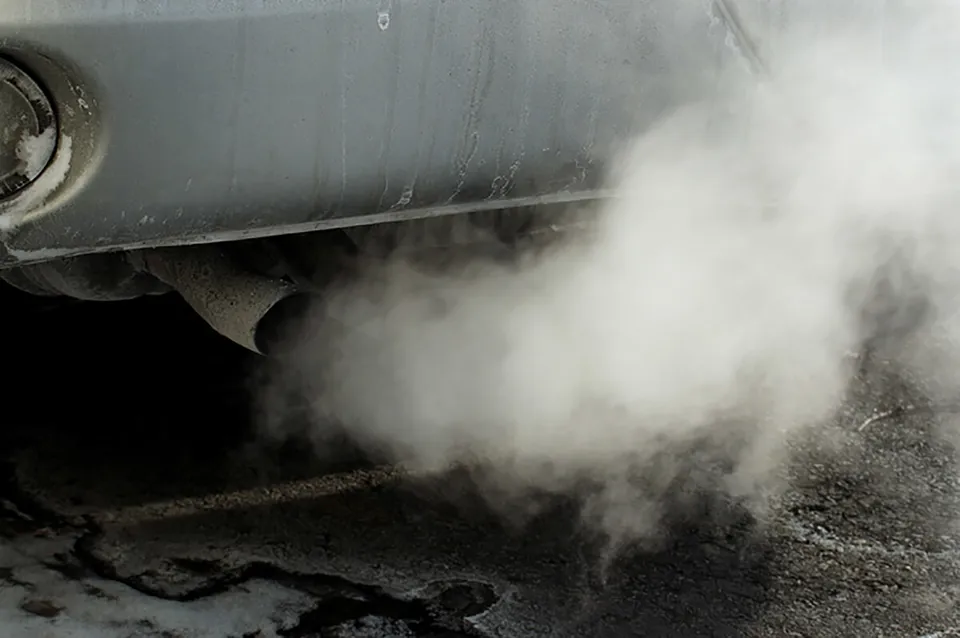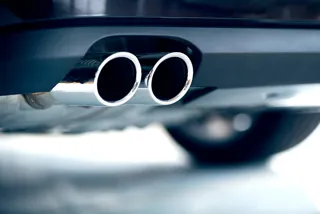Fleet decision-makers still have time to comment on a Government review into the impact of the Worldwide harmonised Light vehicles Test Procedure (WLTP) on VED and company car tax.
The HMRC consultation closes on Sunday, February 17, with the Government expected to outline its response in the spring
The fleet industry is being asked to respond to a series of questions around whether vehicle tax changes are required once WLTP is adopted for tax purposes from April 2020.
Initial evidence provided by manufacturers suggests that more than 50% of cars will see an increase from NEDC-correlated emissions values to WLTP of between 10% and 20%.
For company car drivers and fleet operators choosing a new car from April 2020, this could result in an increased tax liability, compared to an identical model.
Through this review, which was first revealed in October's Budget, the Government says it is aiming to strike the balance between protecting fleets from increased costs and ensuring it meet its climate change and air quality commitments by providing clear incentives for zero and ultra-low emission vehicles (ULEVs).
The Government announced at Autumn Budget 2017, that cars registered from April 2020 would be taxed based on WLTP figures.
Cars registered before April 2020 will maintain their current tax treatment. Other policies linked to CO2 emissions – such as capital allowances – are not being considered in the review.
WLTP, which has caused major problems for carmakers and fleets alike, is the new laboratory test for emissions and fuel efficiency, initially developed by the United Nations Economic Commission for Europe (UNECE).
It aims to better align reported CO2 emissions measured in the laboratory with those achieved during real world driving conditions. This, says the Government, will help reduce the current gap of around 40% that exists between NEDC results achieved in the laboratory and actual emissions.
WLTP TESTING
WLTP testing has been required for new car registrations since September 2018, but until April 2020, VED and company car tax will continue to be paid based upon converted NEDC figures.
Fleets have suffered increased costs already, due to problems with converted figures, but HMRC says that this review will not consider the implications of using the EU’s computer simulation tool, known as CO2MPAS used to convert WLTP figures back to an equivalent NEDC figure.
The majority of the Government’s analysis has focussed on the differences between equivalent NEDC figures and WLTP, it said.
If changes to the vehicle tax system are required, these would be introduced into Finance Bill 2019-20, with draft legislation being published for technical consultation ahead of that.
However, it says it only wants to make a "simple" adjustment, such as a change in rates, because it says the fundamental structure of VED and company car tax is correct.
Both systems, says the consultation document, have provided a strong environmental signal to consumers and businesses, balancing the need raise revenue and support the uptake of cars with low CO2 emissions.
Furthermore, any changes must be introduced into the Finance Bill 2019-20, providing only limited time for drafting of legislation and technical consultation, in line with the tax policy making framework.
For more on the consultation and to find out how to respond, click here.























Login to comment
Comments
No comments have been made yet.